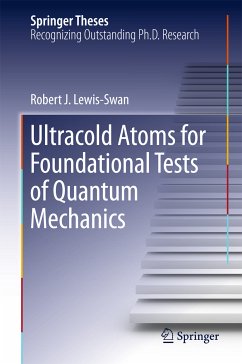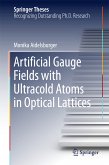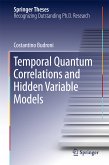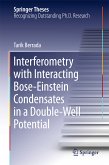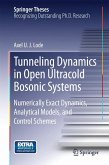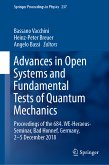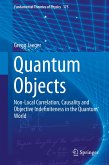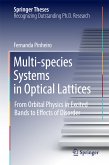This thesis presents a theoretical investigation into the creation and exploitation of quantum correlations and entanglement among ultracold atoms. Specifically, it focuses on these non-classical effects in two contexts: (i) tests of local realism with massive particles, e.g., violations of a Bell inequality and the EPR paradox, and (ii) realization of quantum technology by exploitation of entanglement, for example quantum-enhanced metrology.
In particular, the work presented in this thesis emphasizes the possibility of demonstrating and characterizing entanglement in realistic experiments, beyond the simple "toy-models" often discussed in the literature. The importance and relevance of this thesis are reflected in a spate of recent publications regarding experimental demonstrations of the atomic Hong-Ou-Mandel effect, observation of EPR entanglement with massive particles and a demonstration of an atomic SU(1,1) interferometer. With a separate chapter on each of these systems, this thesis is at the forefront of current research in ultracold atomic physics.
Dieser Download kann aus rechtlichen Gründen nur mit Rechnungsadresse in A, B, BG, CY, CZ, D, DK, EW, E, FIN, F, GR, HR, H, IRL, I, LT, L, LR, M, NL, PL, P, R, S, SLO, SK ausgeliefert werden.

